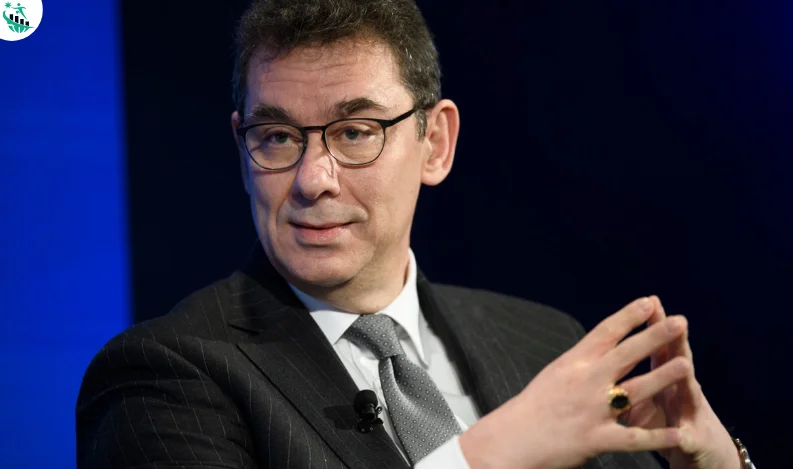
Pfizer CEO: Tariff Uncertainty Delays U.S. Investments in Manufacturing and R&D
Pfizer CEO Albert Bourla on Tuesday said the company is holding back on further U.S. investment due to uncertainty surrounding new pharmaceutical tariffs proposed by President Donald Trump. His comments came during Pfizer’s first-quarter earnings call.
“If I know there will not be tariffs, tremendous investments can happen in this country,” Bourla said.
The company, one of the world’s largest drugmakers, is assessing the potential impact of the administration’s planned levies on pharmaceutical imports, which are part of Trump’s push to expand domestic manufacturing.
Tariff Concerns Weigh on Long-Term Strategy
Pfizer said it expects to incur $150 million in costs from existing tariffs in 2025. While the company has not yet revised its full-year forecast, executives noted that guidance does not reflect possible future tariffs or policy changes.
“There are some tariffs in place today... and we are contemplating that within our guidance,” said CFO Dave Denton.
Despite these added costs, Pfizer said it is trending toward the upper end of its financial outlook for the year.
“Frugal With Investment”
Bourla stressed that the lack of clarity around tariffs is pushing Pfizer — and others in the industry — to be cautious with capital spending.
“In periods of uncertainty, everybody is controlling their cost... and is very frugal with their investment,” he noted.
He said that with a global minimum tax of 15% now in effect, the U.S. is no longer significantly more attractive for pharmaceutical manufacturing unless additional incentives or tariff protections are introduced.
Call for Tax Relief
Bourla added that former tax policies previously encouraged offshore manufacturing but that changes are underway. He also said President Trump has shown interest in further tax cuts for U.S.-made goods, which could help offset tariff concerns.
“I know because I talked to him — he would like to see even a reduction in the current tax regime,” Bourla added.
Industry-Wide Concerns Grow
Pharmaceutical companies have been increasingly vocal about the economic risks of unpredictable trade policy, especially in a sector that relies on complex international supply chains for both raw materials and production.
While Pfizer has weathered recent changes without altering its forecast, analysts warn that continued uncertainty could delay critical R&D and domestic manufacturing expansions, particularly as global competitors remain unaffected.
Conclusion
Pfizer is urging the U.S. administration to offer clearer, stable trade and tax policies before it commits to further U.S.-based investment. With hundreds of millions of dollars at stake, the pharmaceutical giant — like many others in the sector — is watching closely to see how the administration balances economic nationalism with global business realities.



Recent Comments:
No comments yet.